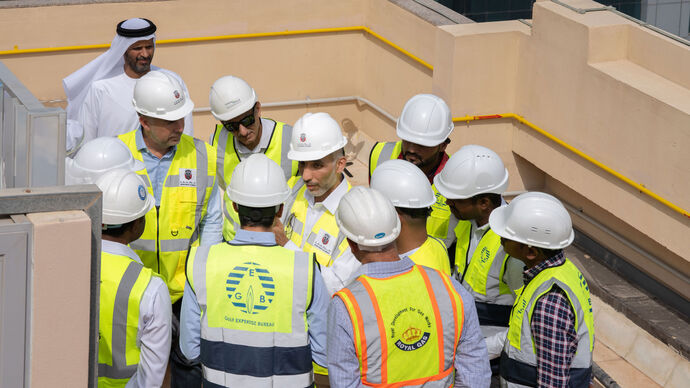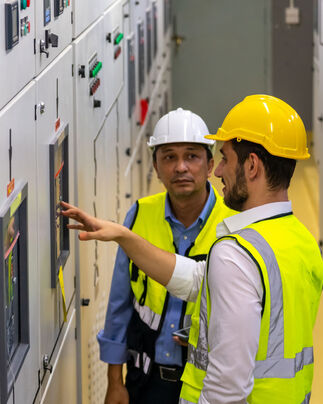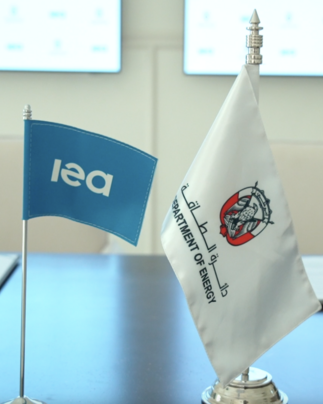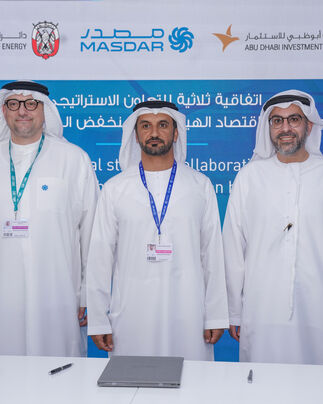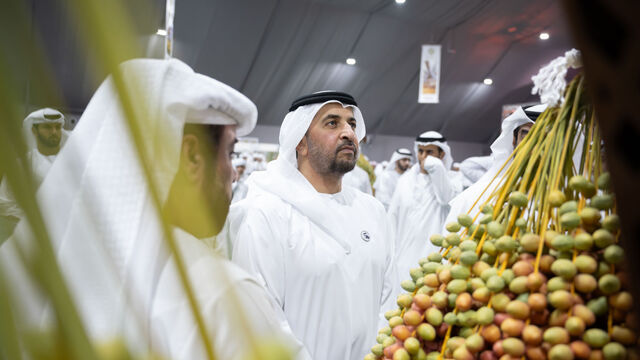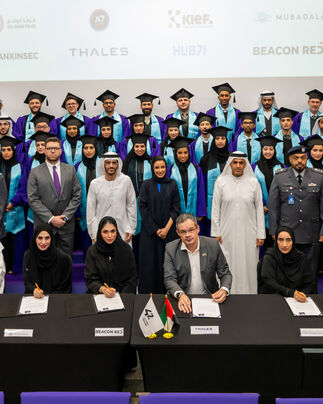The Abu Dhabi Gas Safety Committee has concluded its work by reviewing its final report, which included the most important results achieved during its six-month operation.
The committee's work significantly contributed to enhancing the safety and security of liquefied petroleum gas (LPG) systems in residential buildings and economical establishments in the emirate. The committee also highlighted the key challenges identified through inspection campaigns and outlined appropriate solutions to address them, in cooperation with relevant authorities and partners.
Dr Saif Said Al Qubaisi, Acting Director General of Regulatory Affairs at the Department of Energy and Chairman of the Gas Safety Committee, said: "The committee has achieved promising results in enhancing the safety and security of LPG systems and protecting residential buildings and economical establishments in the Emirate of Abu Dhabi. The inspection results for residential buildings exceeded the target, reaching 2,991 buildings compared to the target of 2,800 buildings. As for the inspection of economical establishments, the number reached 8,403 economical establishments compared to the target of 6,900 economical establishments, which represents a significant achievement."
Dr Al Qubaisi indicated that these positive results reflected the commitment of the inspection teams to perform their tasks with the required accuracy and their endeavor to conduct visits and carry out a comprehensive survey of the areas assigned to them, which resulted in an increase in the number of buildings and economical establishments covered in these inspection visits.
As for the report's outcomes, Dr Al Qubaisi added that the visits resulted in rectifying the situations of several economical establishments that violated the gas system safety procedures. Most of these economical establishments were reopened after taking the required corrective measures. A large number of circulars were also issued with the objective of improving the safety of LPG systems across the whole emirate.
Dr Al Qubaisi said: "The most important challenges identified by the committee are: non-compliance with safety standards and specifications for gas systems, non-compliance with the annual maintenance contract renewal, the need to update existing gas system regulations and guidelines, and training of workers in buildings and economical establishments.
"The committee approved a number of recommendations and corrective plans, including the introduction of a gas system compliance certificate; enhancing the role of entities in issuing violations and following up on violators; developing a system for gas filling permits; introducing guidelines related to the safety of gas systems and gas uses; closing high-risk food establishments; raising the capabilities of workers, and developing training and awareness programmes. In addition, the committee issued circulars and notices, and republished previous circulars related to the gas sector.
"The committee's final report identified several takeaways. The most important of which are the need for comprehensive and accurate data on buildings and economical establishments; the need for establishing a single source for gas-related information; the importance of adhering to safety standards and specifications; the importance of renewing annual maintenance contracts for gas systems, and regularly updating legislation, regulations, and technical guidelines."
Dr Al Qubaisi further emphasised the importance of collaboration between relevant authorities in implementing practices for gas system safety monitoring and regulation. Dr Al Qubaisi also highlighted the necessity of training building security personnel and food service workers to handle potential gas-related incidents, and the need for increased awareness regarding the principles of handling gas systems.
Dr Al Qubaisi expressed his gratitude to all committee members representing government entities and stakeholders for their continuous cooperation and enormous efforts.
Dr Al Qubaisi said: "The cooperative approach we have taken contributed greatly to achieving these positive results. We will continue to work together diligently and tirelessly to apply the highest standards of safety and security, avoid all potential dangers and accidents, and preserve the safety of property and lives in the Emirate of Abu Dhabi."
The Gas Safety Committee was formed by the Department of Energy in Abu Dhabi with the participation of 12 government entities in the emirate. The committee was tasked with reviewing procedures, standards, and safety measures related to gas supply and fixtures to prevent gas incidents in Abu Dhabi.


